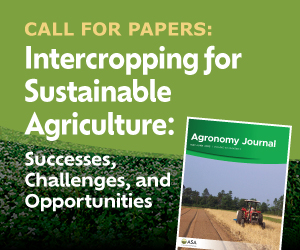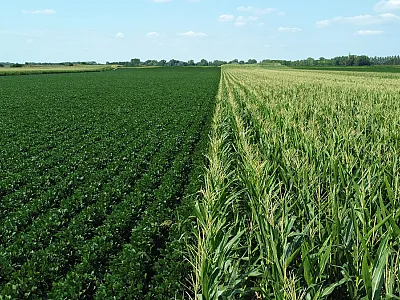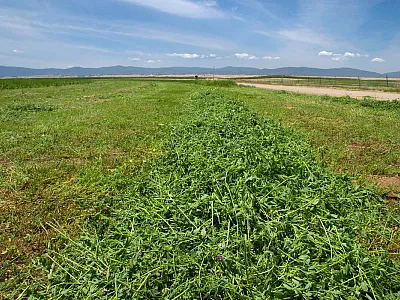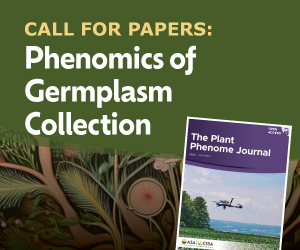Reusing Irrigation Water Is Efficient but Increases Pesticides
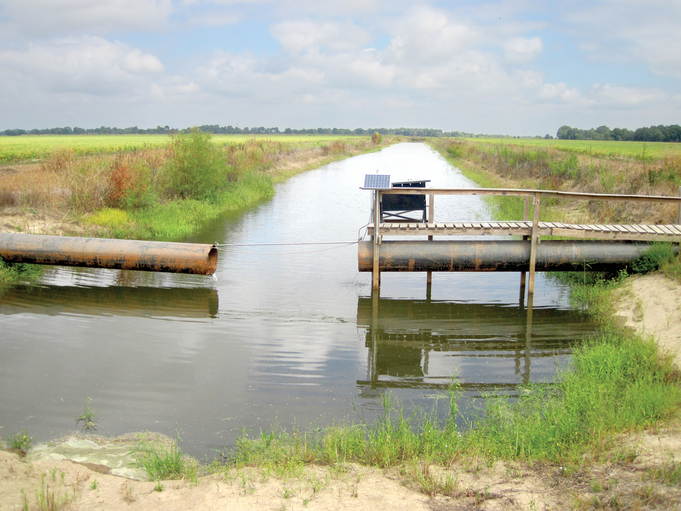
Tailwater recovery (TWR) systems are an important best practice addressing water quality in the Mississippi Delta that involves growers reusing surface water from ditches and on-farm reservoirs to
irrigate nearby fields. To determine if TWR systems transport pesticides downstream, researchers from USDA-ARS routinely sampled and analyzed water from a system in Sunflower County, Mississippi for five years.
As reported recently in Agrosystems, Geosciences & Environment, they found many pesticides and metabolites in every season in both ditch and reservoir samples. These included several pesticides that have not been used in the U.S. for decades, such as DDT (dichlorodiphenyltrichloroethane) and its metabolites, demonstrating their persistence in the environment. The reservoir had more types and greater concentrations of pesticides than the ditch, indicating a possible risk to crops from using reservoir water for irrigation.
Further work is needed to identify potential crop injury and environmental contamination from using TWR in the Mississippi Delta.
Adapted from Nelson, A.M., Moore, M.T., & Witthaus, L.M. (2022). Pesticide trends in a tailwater recovery system in the Mississippi Delta. Agrosystems, Geosciences & Environment, 5, e20325. https://doi.org/10.1002/agg2.20325
Text © . The authors. CC BY-NC-ND 4.0. Except where otherwise noted, images are subject to copyright. Any reuse without express permission from the copyright owner is prohibited.



